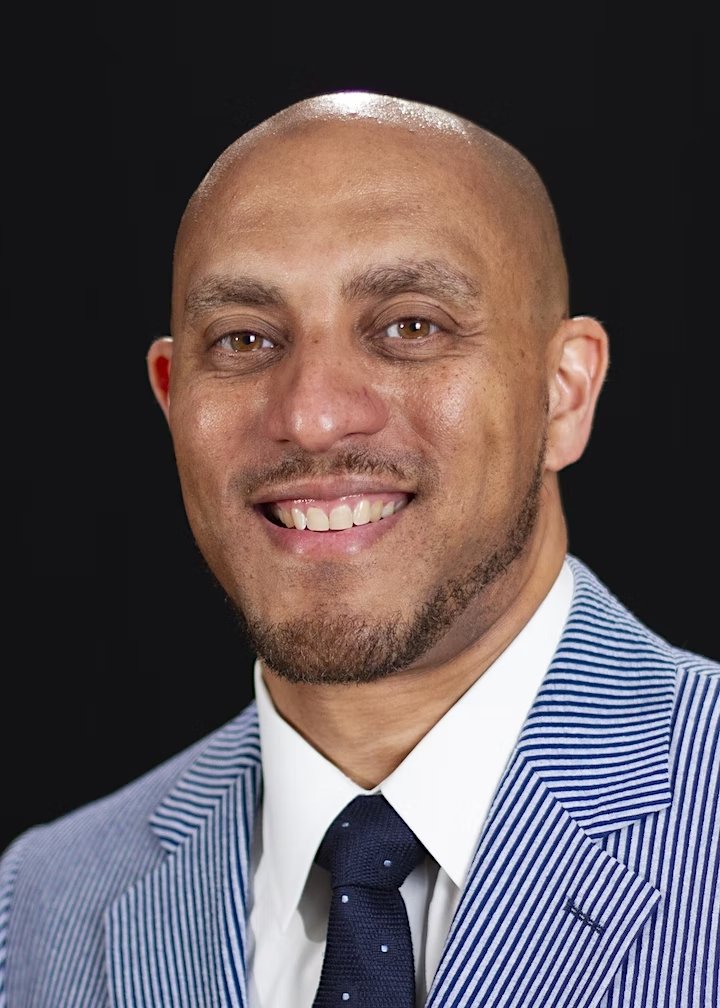The Institute for Common Power strives to facilitate the creation of a just and inclusive democracy while working to eliminate racial inequity. Education can and must lead to action. To this end, the Institute offers a series of courses taught by award-winning scholars who are widely recognized experts in their fields of study. The courses provide clear, comprehensive examinations of multiple topics related to race, culture, and politics in America.
Meeting Days: Mondays, May 1, 8, 15, 22
Meeting Start Time: 4:30pm PST / 7:30pm EST
Meeting Duration: 90 mins
Meeting End Time: 6:00pm PST / 9:00pm EST)
The US Civil Rights Movement with Dr. Hasan Kwame Jeffries
Course Description: The Civil Rights Movement of the 1950s and 1960s transformed America. It ended legalized racial segregation, extended the franchise to Black southerners, and created unprecedented job, business, and housing opportunities for Black northerners. But it also left a great deal undone. This course explains the origin, evolution, and outcomes of the Civil Rights Movement. In approach, it looks at the movement from the bottom-up and the inside-out, aiming to make clear how everyday Black people made America a fairer and more just - if still imperfect - society.
One ticket gives access to all four lectures. Lectures will be recorded and available to view for two weeks for those who purchased tickets
Lecture Titles and Descriptions
Lecture 1 – Groundwork: The Origins of the Civil Rights Movement the civil rights protests of the 1950s and 1960s were many generations in the making. This lecture examines the ideological and organizational roots of mid-century Black protest, introducing key movement figures such as lawyer Charles Hamilton Houston and organizer Ella Baker.
Lecture 2 – The Arc of Justice: Dr. Martin Luther King Jr. and Mass Mobilizing The Montgomery Bus Boycott transformed the movement, providing a model of mass protest and introducing the world to Dr. King. This lecture explores the major mass mobilizing events of the era, from Montgomery, to Birmingham, to Selma, and the activists, along with Dr. King, who led them.
Lecture 3 – “Give light and people will find the way:” SNCC and Grassroot Organizing. The civil rights movement was about much more than marches and demonstrations. This lecture looks at the efforts of student activists to challenge Jim Crow through nonviolent direct action and to empower Black communities in Mississippi and Alabama through voting rights campaigns.
Lecture 4 – ‘What do we want?!’ From Civil Rights Protest to Black Power Politics. Black Power was a logical extension of civil rights gains in the South and the slow pace of progress in the North. This lecture charts the transformation of the movement in the late 1960s, explaining the appeal and impact of the call for Black Power, and highlighting the radical critiques of society offered by Malcolm X and Dr. King.


